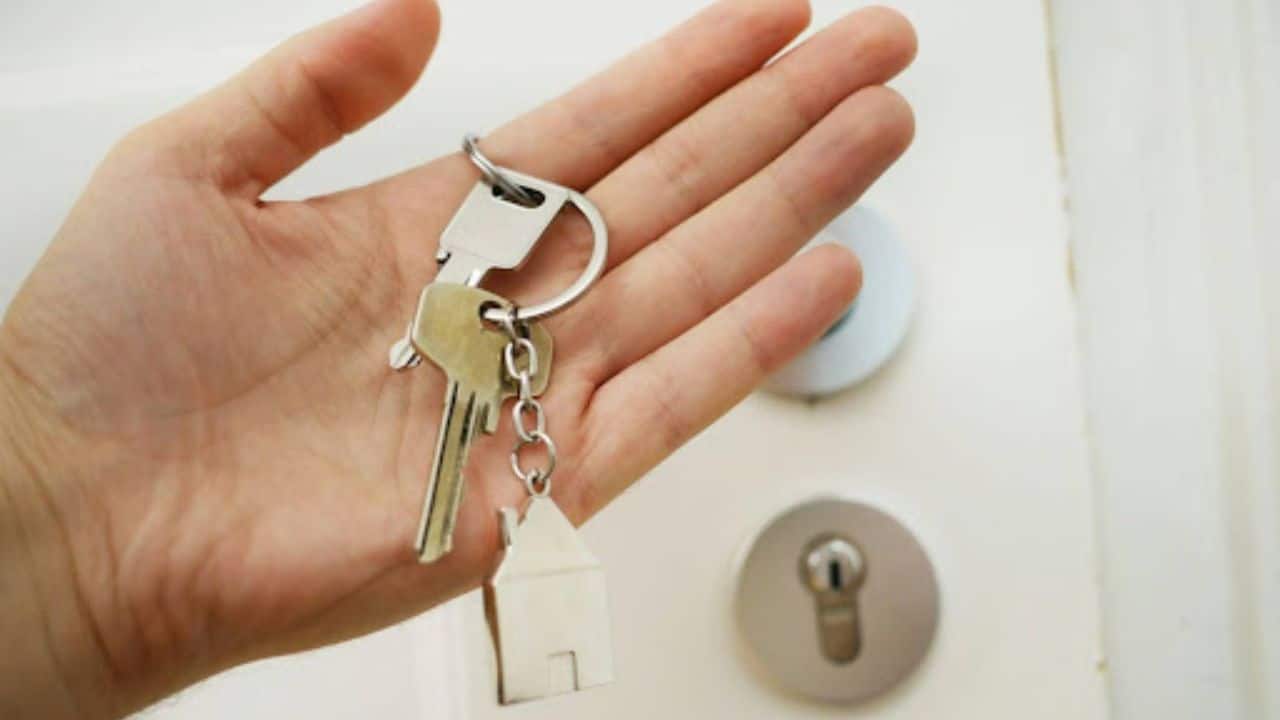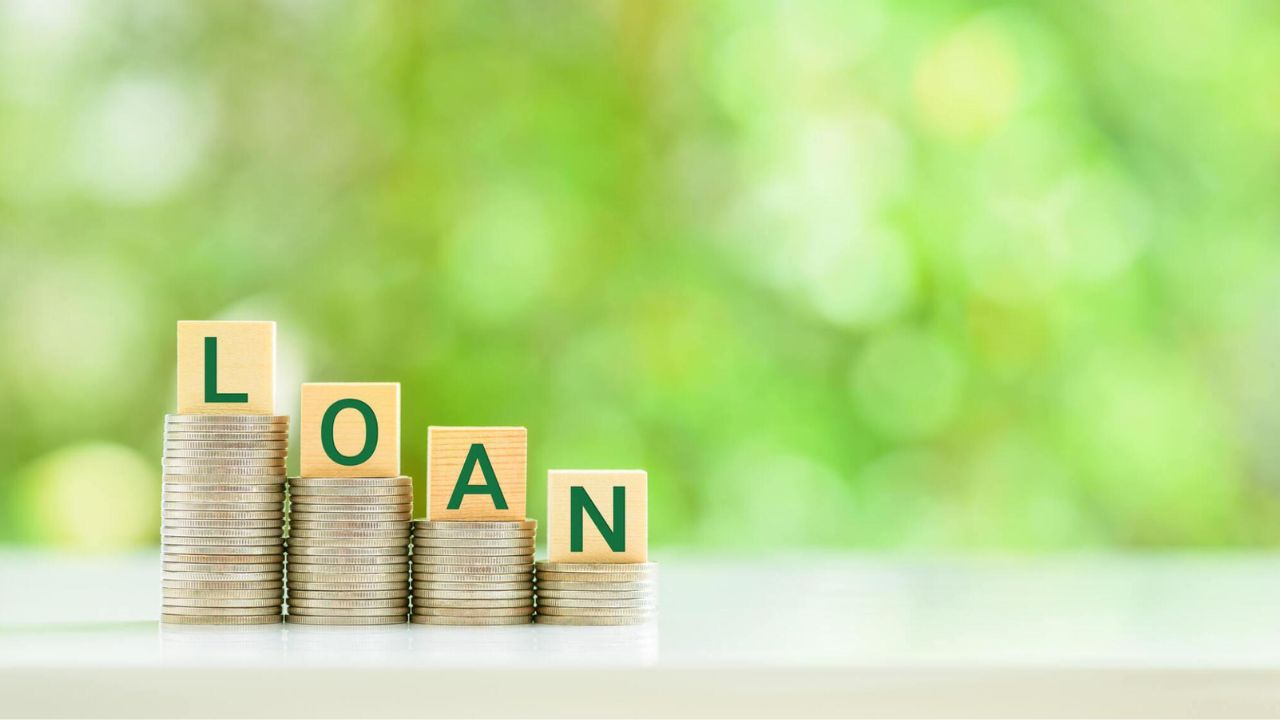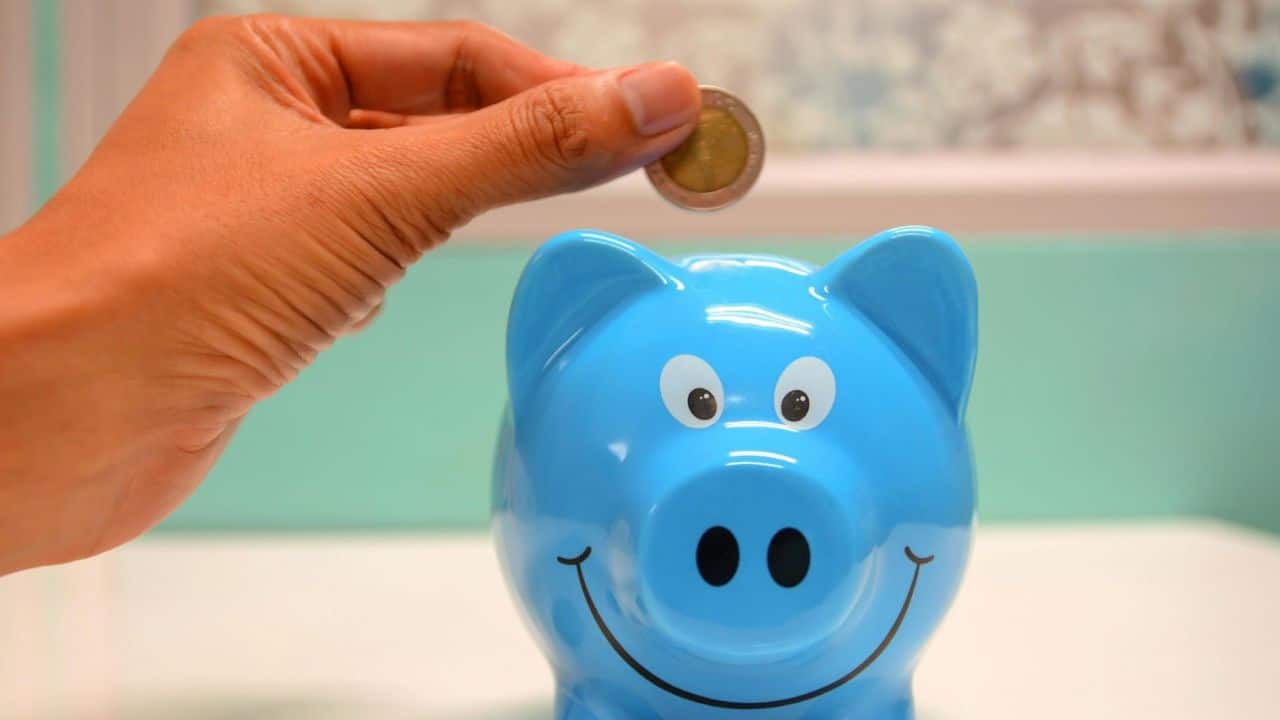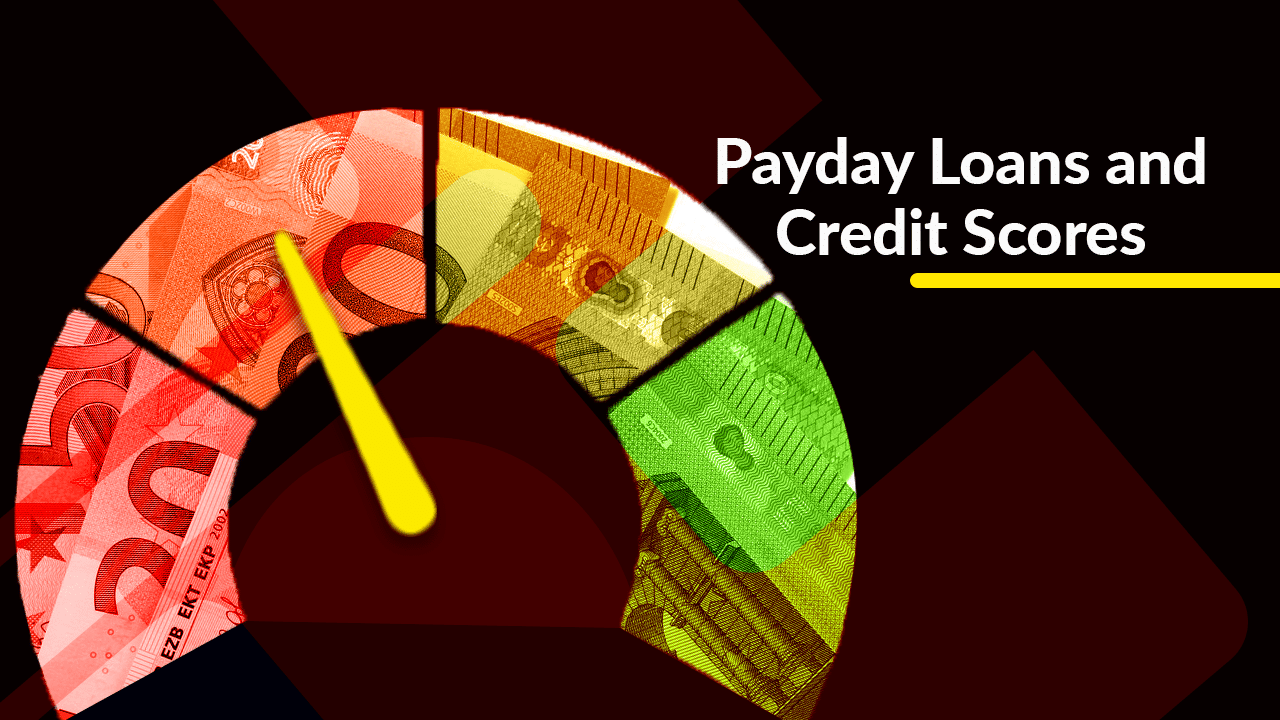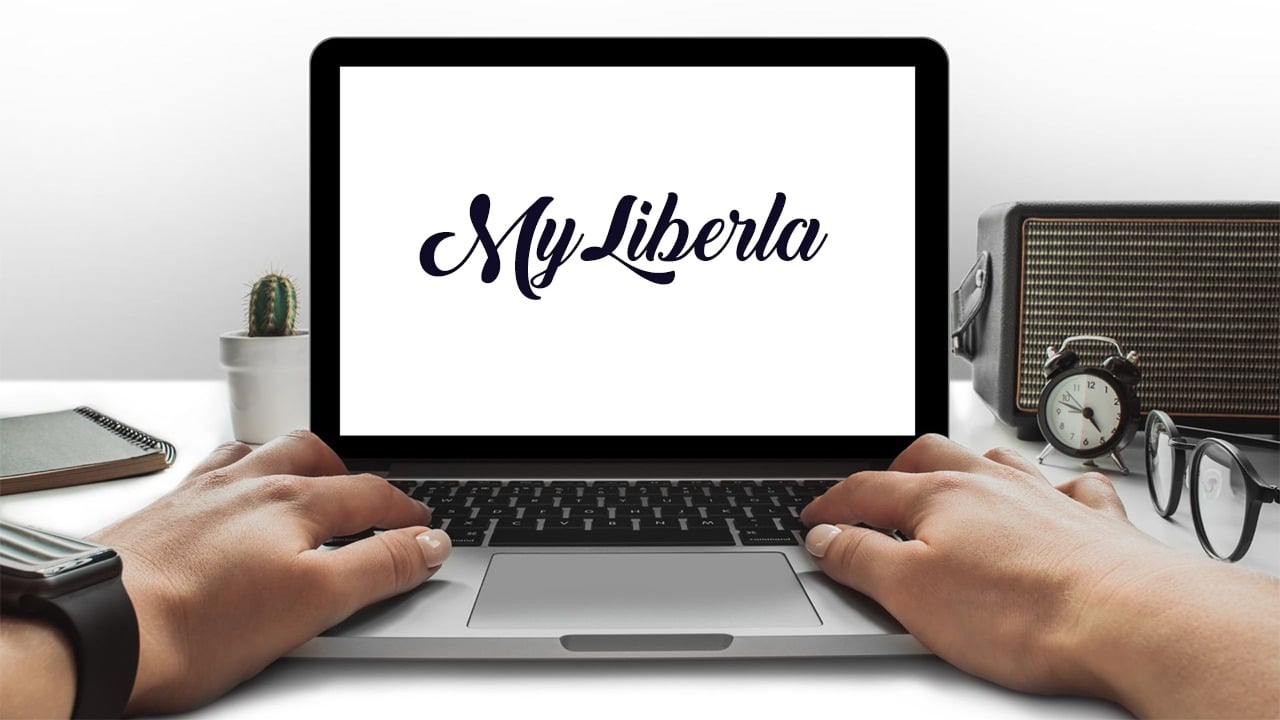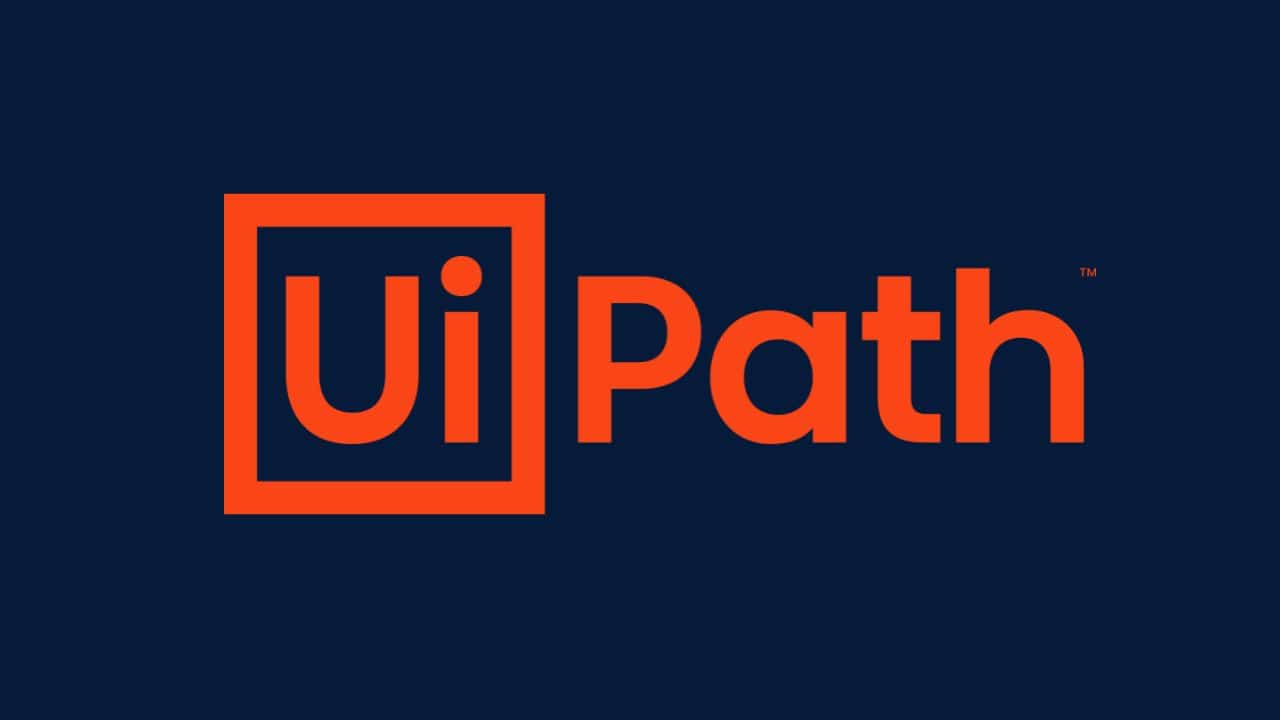A bad credit loan is a type of loan specifically designed for people with poor credit histories. Applying for one can be a great way to get the financial assistance you need when other lenders have turned you down; however, it can further damage your credit score if you fail to make payments on time and in full. This article will help you decide whether it’s the right decision for your situation.
What Different Types are Available?
There are several types of bad credit loans available. The most common is a secured loan, which requires the borrower to put up a valuable asset – a car or house, for example – as collateral in order to secure it. By contrast, unsecured loans don’t require any collateral and are typically more expensive due to the higher risk associated with them. In addition to these are installment loans, which allow borrowers to make payments over time instead of all at once, while short-term loans for bad credit can be found in the form of payday loan, although it has very high-interest rates. Each kind comes with its own advantages and disadvantages, so it’s important to understand what you’re getting into before signing any agreements.
How do you Qualify?
Qualifying for a bad credit loan can be difficult, but it’s possible. To do so, you’ll need to demonstrate that you have the ability to repay it, which means having a steady source of income and a good credit history. You may also need to provide proof of employment or other financial documents, such as bank statements or tax returns, and some lenders may require that you have a cosigner with good credit. It’s even possible to get approved if you’ve recently declared bankruptcy, although generally speaking this is more likely if you’ve been discharged from bankruptcy for at least two years.
How do you Secure an Affordable Interest Rate?
The interest rate on a bad credit loan will depend on the lender and your individual credit score, but they are generally higher than on traditional loans owing to how much riskier it is lending to someone with poor credit – the average is typically between 10% and 30%, but can be as high as 36%. The first step to securing an affordable one is to understand your credit score and the factors that have contributed to it, as this will help you determine which lenders are most likely to make you an acceptable offer (always shop around and compare their rates and terms before making a decision). The second is, if possible, to try to improve your credit score by paying off any outstanding debts or making timely payments on existing loans. Finally, it’s important to shop around and compare rates and terms before making a decision. Finally, as alluded to earlier, you may want to look into secured loans.
Are there any Fees?
Yes, there are fees associated with taking out a bad credit loan. Depending on the lender and the type of loan you take out, they can vary greatly. One common example is origination fees, which are typically charged as a percentage of the total loan amount and are used to cover administrative costs. Another is late payment fees, which may be charged if you fail to make your payments on time, while prepayment penalties may be applied if you pay off your loan early. Lastly, APRs are an annualized cost of borrowing that includes interest charges as well as other applicable fees.
How do you Find the Right Lender?
Aside from doing your due diligence on collateral (if necessary), interest rates, and fees, there are other important considerations when looking for a bad credit loan lender. Start by checking out online reviews from past customers to get an idea of the lender’s reputation. Furthermore, you should think about how long it’ll take to receive your funds once you have been approved for a loan, as well as read all of the fine print before signing any documents or agreeing to any terms and conditions.
Are there any Restrictions on How Money can be Used?
Indeed, there are restrictions on how money from a bad credit loan can be used. For the most part, lenders will require that the funds be used for specific purposes, such as home repairs, medical bills, or debt consolidation. Some lenders may also restrict their use to certain types of purchases, like cars or vacations. It goes without saying that you ought to be aware of all of the restrictions and requirements associated with using the loan proceeds before signing any loan agreement.
A bad credit loan could well be the right move for you, but there are potential pitfalls. Therefore, before putting in for one, take the time to weigh up the pros and cons.






